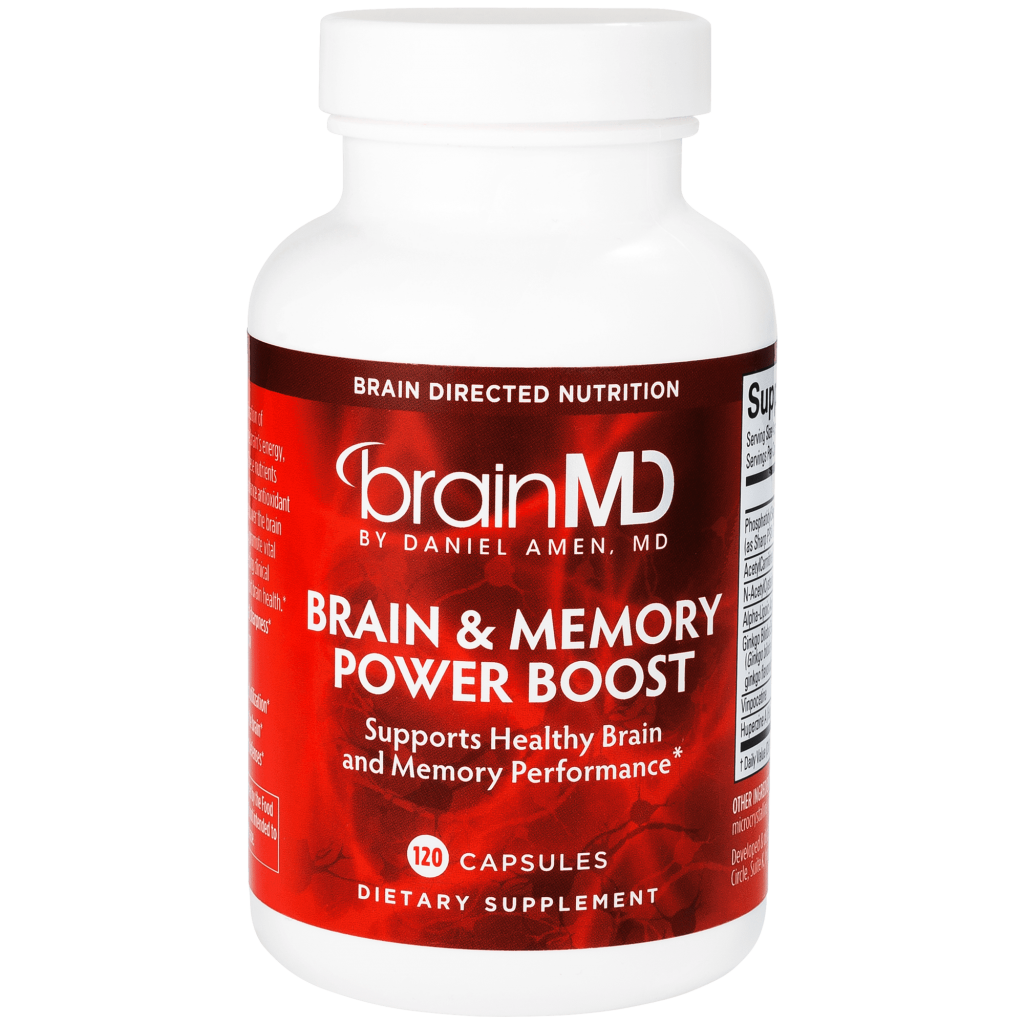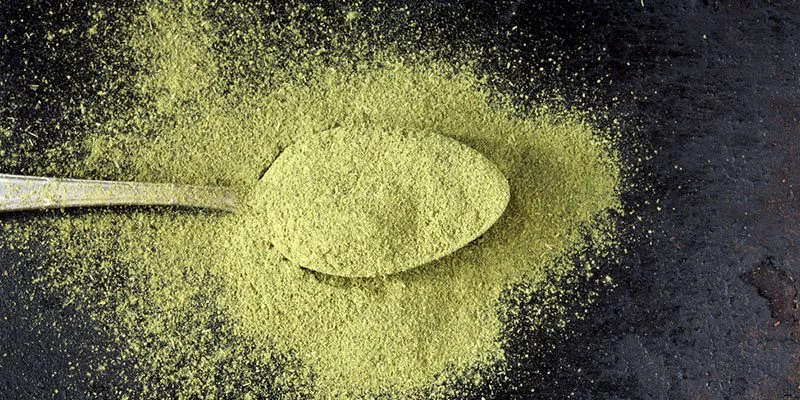6 Tips To Give Your Memory A Boost
6 Tips To Give Your Memory A Boost
“My memory is no good, but that is normal at my age.” We actually hear this lie from people who are thirty-five, forty-five, fifty-five, sixty-five, and older. The truth is that most memory problems are not due to your age, but your bad habits.
We recently heard this same lie from Todd, a fifty-three-year-old high-level business executive who told us his memory was terrible. “I am sure it is just my age. I am just getting older,” he said. “I often have no idea where I put my keys and sometimes find them in the refrigerator, next to the eggs.
This is definitely NOT normal. It is one of the little lies people tell themselves to justify their memory problems and bad habits. The denial prevents them from getting the help they need.
It is time to wake up and take memory problems seriously!
Is it really possible to rescue your memory if it is troubled? Absolutely! But in order to do so, you have to have a smart plan. And the first step of that plan is to stop thinking that your memory problems are normal!
6 Steps to Sharpen Your Memory
1. Drink water. This may sound so simple, but it is so important. Your brain is 80% water, so avoid anything that dehydrates it – such as caffeine or alcohol. Being dehydrated by just 2% impairs performance in tasks that require attention, immediate memory skills, and physical performance.
2. Get good sleep. Sleep rejuvenates all the cells in your body, gives brain cells a chance to repair themselves, helps wash away neurodegenerative toxins that build up during the day, and activates neuronal connections that might otherwise deteriorate due to inactivity. Research has demonstrated that sleep deprivation can cause dramatic memory deficits. Practice good sleep hygiene to optimize your sleep habits.
3. Avoid toxins. Smoking and drug and alcohol abuse increase your risk for dementia, so if these are a problem for you, stopping immediately decreases these risk factors. Even a glass of beer or wine per day can be harmful to the brain and can make it look toxic. And recent research demonstrates that marijuana negatively affects the hippocampus, the brain’s major memory center.
4. Supplement with a multiple mechanism approach.
5. Eat a brain-healthy diet. The standard American diet (SAD) is filled with pro-inflammatory foods that increase your risk for a variety of medical conditions. It is also associated with a smaller hippocampus, one of the major memory structures in the brain. Instead, choose lean proteins, healthy fats, and lots of produce, while eliminating refined carbohydrates and sugar. Aim for eating a diet that’s 70 percent plant-based foods and 30 percent high-quality protein, with healthy fat mixed in.
6. Get moving. Physical exercise is perhaps the single most important thing you can do to keep your brain and body healthy over time. It not only boosts blood flow and other positive nutrients to the brain – it actually stimulates “neurogenesis,” the ability of the brain to generate new brain cells. Additionally, research has shown that exercise can actually increase the size of the hippocampus (the brain’s major memory center).
“Without memory, there is no culture. Without memory, there would be no civilization, no society, no future.” ~Elie Wiesel
- Veterans Day: One Warrior Shares Some of the Best Ways to Heal from Trauma - November 2, 2023
- Could Your Mood Issues Be Linked to a Pain In the Neck? - October 13, 2023
- What’s At the Root of Your Sciatic Nerve Pain? - September 20, 2023




Very useful information. Thanks for sharing.
I have found that intermittent fasting has really helped me with brain fog – what do you think? Any benefits to the brain?
It was recently recommended by my primary doctor for weight loss. I haven’t been consistent.